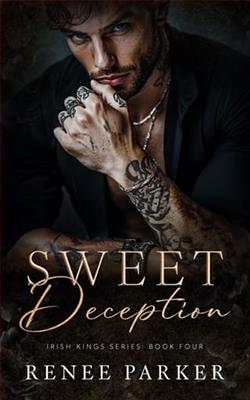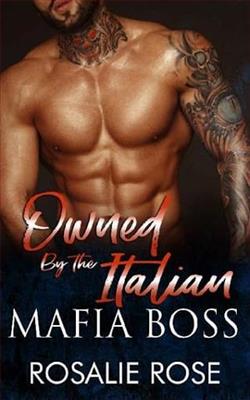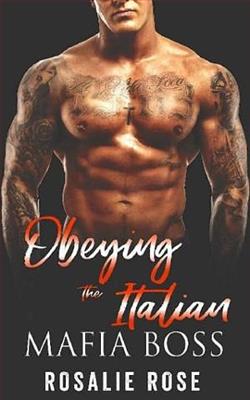Page 71 of These Summer Storms
“What about?”
A little shrug. “The Secret Service is due later for a site visit. She’s on a tear, Greta’s vibrating, Sam’s being…Sam. And they sent me up to get you.”
“Sounds like real Storm family fun,” Alice said dryly, dropping her brushes into a jar of water nearby. “I’ll be right down.”
“ ’Kay.”
Emily started down the steps, getting halfway before Alice reached the landing and called after her, “Em?”
She turned.
“Are we okay?”
Her sister tilted her head. “Could be worse, right?”
A beat. “Could be better, though.”
Emily gave a little nod. “Yeah. Could be better.”
Great.
“I’ll be down.” She needed to put on her armor.
Descending the central staircase a few minutes later, hair pulled into a tight ponytail, wearing a black tank top and black flared yoga pants, Alice decided to skip coffee (a mistake) and head straight for her family, who had collected in her father’s office.
She paused outside the open door, just out of view, and listened as her mother delivered marching orders the Storm children had heard dozens of times over their lives…hundreds of people coming…the eyes of the world on them…and above all…
“No time for theatrics. We needn’t perform for an audience.”
Alice sucked in a breath at the familiar words, and the way they were designed to preempt emotion of any kind. If there was to be grief, if there were to be tears, if anyone was going to evenconsidercausing a scene, it would not be on Elisabeth Winslow Storm’s watch, dammit.
Something moved in Alice’s peripheral vision, and she found Tony at a distance, down the shadowed hallway looking…disheveled. Gone was his ever-present suit, his perfectly combed hair, his freshly shaven face. Instead, he wore jeans and a white button-down, the fabric pullingacross his wide chest, as though it didn’t know what to do without a jacket to contain it. And all that before the furrow in his brow.
Worry for Greta, no doubt. Alice smiled with a little shrug and a head tilt in the direction of the office.Storms, am I right?
The hand he raised in greeting was hesitant, as though he wasn’t sure he should be interacting with her at all. It was only then that she realized she hadn’t seen him since she arrived on the island—despite him being a near-constant presence for years, her father’s shadow in cars, on helicopters, as he walked through crowded rooms and busy streets.
Alice had always liked Tony—it was hard not to. He was quiet and calm, had borne witness to their familial foibles for years without (vocal) judgment, and had shielded Alice from overzealous attention in public more times than she could count.
But now, without Franklin, Tony was relegated to the shadows.
Unless Greta brought him into the light. Which, if Elisabeth drill-sergeanting inside the room was any indication, wasn’t going to be that morning.
So, Alice did what they both knew her sister wouldn’t. She pointed to the door, the universal sign forJoin me?
He shook his head, a strange look in his eyes, as though he’d never dream of intruding.
If only she had the same freedom. With a little wave, she stepped through the open door.
Alice hadn’t been in her father’s office since she’d returned to the island—the result of studious avoidance, not that she would admit it. Once she stepped inside that morning, however, it was impossible for her to avoid the memories.
Greta stood with her back to an enormous Victorian fireplace, so large that she could have been standing inside it, arms crossed over her chest. An enormous Picasso leered down from the wall above her.
Franklin had purchased the piece with several of his first millions in the early 1980s and hung it in the living room of the family’s New York City apartment where anyone who happened by would know Franklin Storm was so wealthy he could own a Picasso.
Alice had hated it almost since birth—not only because of the basicreasoning behind the purchase (did everyone see how successful little Frankie Storm had become?), but also as she grew older, because of her inability to see the art divorced from the artist. Franklin had no doubt sipped his scotch and stared at the cubist masterpiece and bemoaned the artistic taste of his daughter—who couldn’t possibly have been a decent artist herself.
Her father had never thought much of her art, not when she’d won prestigious awards in high school and college (she didn’t need to be an artist to work at Storm, which was his plan), and certainly not when she chose to teach it after her exile (those who couldn’t, taught, didn’t they?), so she’d kept her public art private—never telling her family that she was on her way to becoming a respected artist in her own right.















